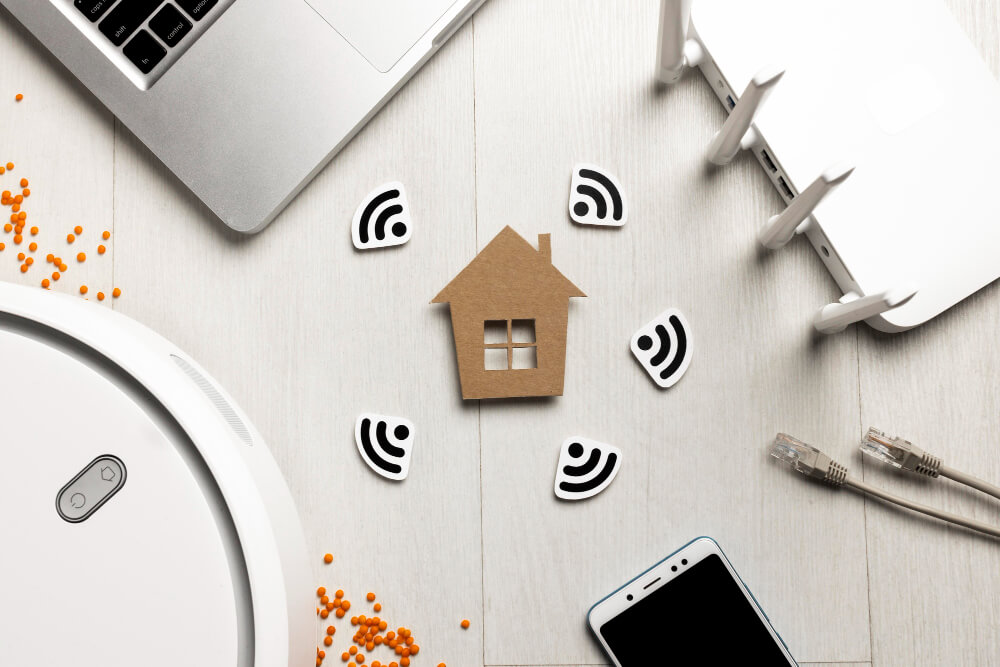Experiencing difficulties connecting to Wi-Fi networks can be frustrating, but with some troubleshooting, you can often resolve the issue. Here’s a breakdown of common symptoms, potential causes, and solutions:
Symptoms:
- Failed Network Discovery: Your device doesn’t detect any available Wi-Fi networks.
- Weak Signal Strength: Networks appear, but you have a poor or fluctuating signal.
- Authentication Issues: You can see the network, but you can’t connect due to incorrect password or credentials.
- Intermittent Disconnections: You connect, but the connection frequently drops.
- Limited Connectivity: Your device connects but shows “limited” or “no internet” access.
- Device Won’t Connect: Specific devices (e.g., smartphone, laptop) can’t connect to Wi-Fi.
Causes:
- Signal Interference: Physical obstacles, walls, electronic devices, and neighboring networks can interfere with Wi-Fi signals.
- Incorrect Password: A common issue, entering the wrong Wi-Fi password prevents connection.
- Outdated Hardware: Old routers or devices might not support modern Wi-Fi standards.
- Network Overload: Many connected devices can overwhelm a network’s capacity.
- Driver Problems: Outdated or corrupted network adapter drivers can cause issues.
- Router Issues: Router problems, including overheating, may hinder connectivity.
- ISP Problems: Your Internet Service Provider might have connectivity issues.
- Software or Settings: Software conflicts or incorrect settings can prevent connection.
Solutions:
- Signal Improvement: Reposition your router for better signal coverage, or consider a signal booster.
- Password Verification: Double-check and re-enter the correct Wi-Fi password.
- Hardware Upgrade: Consider upgrading your router to a newer model with better performance.
- Network Management: Limit the number of connected devices to avoid overloading the network.
- Driver Updates: Update network adapter drivers on your devices.
- Router Troubleshooting: Restart your router, update its firmware, or inspect for hardware issues.
- ISP Communication: Contact your ISP if you suspect service issues.
- Software Review: Ensure that no software or settings are conflicting with your Wi-Fi.
Remember, the exact solution may vary depending on the specific issue you’re experiencing. If you’re still having trouble connecting to Wi-Fi networks after trying these steps, consider seeking professional assistance, such as visiting a computer repair shop like Asim Technologies in Vastrapur, Ahmedabad, to diagnose and resolve the problem.
Dell computer Wi-Fi connectivity problems, HP laptop Wi-Fi connection issues, Acer PC network connection trouble, Lenovo ThinkPad Wi-Fi problems, MacBook Pro Wi-Fi not connecting, ASUS desktop network issues, Toshiba laptop Wi-Fi connectivity problems, Sony Vaio Wi-Fi network trouble, Samsung PC Wi-Fi connection issues, Microsoft Surface network connectivity trouble, LG computer Wi-Fi problems, Gateway laptop network issues, Alienware PC Wi-Fi troubleshooting, Acer Aspire network connectivity problems, MSI laptop Wi-Fi connection issues, HP Pavilion PC network trouble, Toshiba Portege Wi-Fi problems, Lenovo ThinkCentre network connectivity trouble, Dell Inspiron PC Wi-Fi troubleshooting, MacBook Air network issues.




